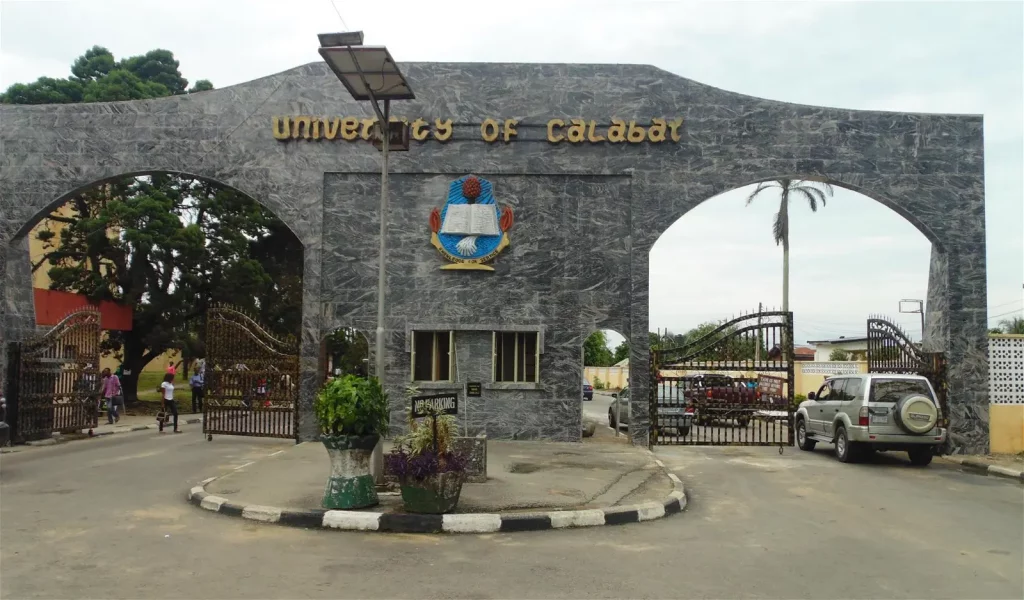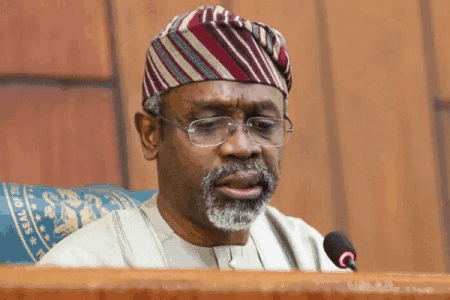The management of the National Youth Service Corps has told its members to inform their parents or guardians to prepare their ransom while traveling on kidnap-prone roads in the country.
The NYSC management, in its updated manual on Security Awareness and Education, told corps members they are likely to be kidnapped on some roads while serving their fatherland.

The section of the manual which has now gone viral on social media states that;
“When traveling on high-risk roads such as Abuja-Kaduna, Abuja-Lokoja-Okene, or Aba-Port Harcourt roads, alert your family members, friends and colleagues, to have someone on hand to pay off the ransom that could be demanded.”
Another section of the book told NYSC members not to travel with gadgets like phones, laptops, pads among others which contain that financial details because their captors will charge them based on that.
“In this period of ICT, do not travel with communication gadgets like laptops, iPad, handsets, and other electronic facilities that you stored personal information such as finances, net worth, investment, and business dealings as kidnappers will charge according to your worth.”
These latest developments have ignited the call for the scrapping of the NYSC scheme by a good number of social media users.
The call comes at a time when the nation is battling with insecurity in some regions of the country especially in the northeast, northwest, and north-central.
The NYSC scheme was introduced in 1973 under former military President, Yakubu Gowon as a means of social and cultural integration in the country after the civil war.















